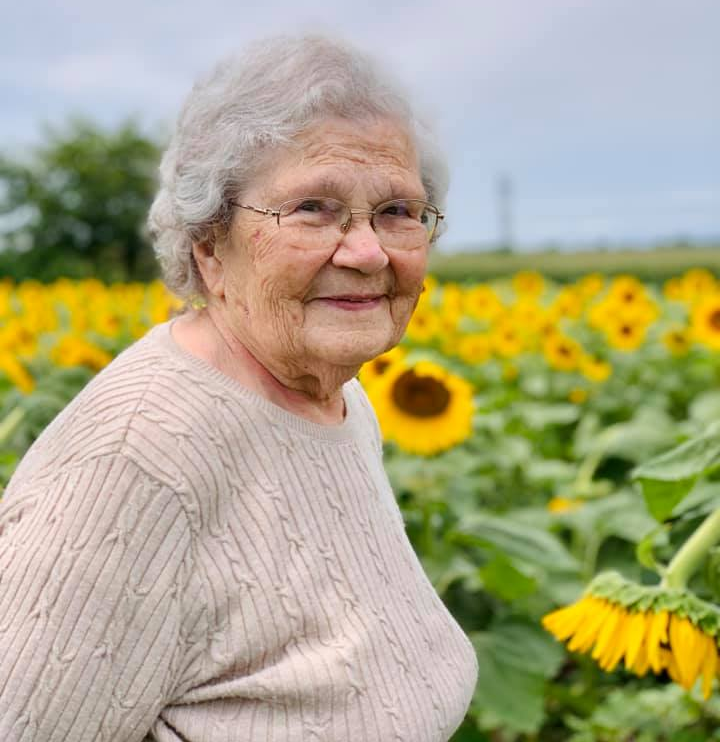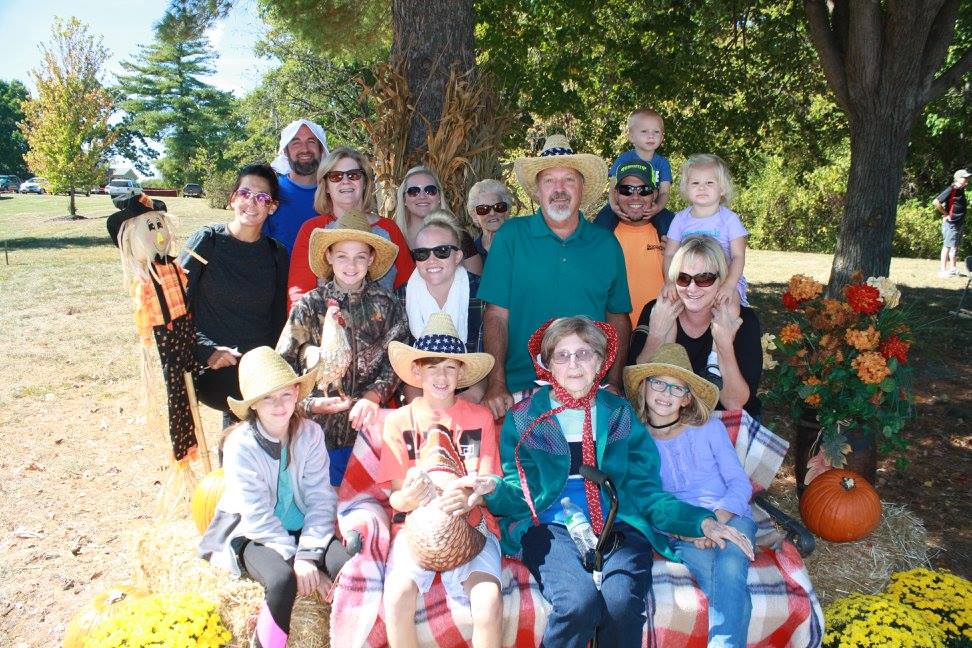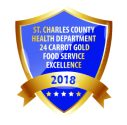Request Info / Tour
Please complete the following

Why Twin Oaks?

When I thought of downsizing and what was really important in my life, I thought of family, safety and spending my life with people who care about me and those who could eventually care for me. When I think about these things, I think about Twin Oaks Senior Living.
Twin Oaks Senior Living is family founded, faith based and also so much fun! It has a caring staff, an incredible nursing team, fantastic chef and dietary department and resources to help me with my daily needs.
There is time and opportunities for gathering with family and friends and taking part in trips and activities each and every day.
Most importantly I feel safe, secure, connected and literally, I feel at home.
Founder Mary Ann Huber and
Granddaughter and Activities Director, Ashley Kreitner

Why Twin Oaks?
Lorem ipsum dolor sit amet, consectetur adipiscing elit. Mauris massa neque, posuere id faucibus a, condimentum eu nunc. Nulla ante tellus, convallis nec scelerisque non, imperdiet id nunc. Pellentesque non aliquet ante, nec tristique ante. Ut auctor velit neque, id porttitor sem eleifend a.


Villas at Heritage Pointe Wentzville
Lorem ipsum dolor sit amet, consectetur adipiscing elit. Mauris massa neque, posuere id faucibus a, condimentum eu nunc. Nulla ante tellus, convallis nec scelerisque non, imperdiet id nunc. Pellentesque non aliquet ante, nec tristique ante. Ut auctor velit neque, id porttitor sem eleifend a.
For a personal tour or for building or leasing information:
Contact: Jill Ruggeri

Twin Oaks at Heritage Pointe Wentzville
For a tour or additional information on our Independent Living or Assisted Living:
Contact:

Twin Oaks Estate O'Fallon
For a tour or additional information on Assisted Living:
Contact:

Looking for additional information?
Simply fill out this quick link and a member of our Twin Oaks family will be back in touch shortly.

Our Awards






Thank you for all the love, care and support you’ve shown our mother and family over the last six years. It’s comforting to know true caregivers such as all of you and we couldn’t have managed the last several years without the help of each and every one of you. You are all truly a blessing!
Frank & SueI think Heritage Pointe is great! I love the people. I’ve never seen a place where everyone is so nice and kind. The facility is beautiful, the housekeeping is amazing and the care is excellent. We couldn’t ask for more! I think he’s doing well and it is a wonderful environment.
DeeI wanted to take this opportunity to express my heart-felt thank you to you, your family, and the terrific staff at Twin Oaks. When looking for a place for mom to move to, it felt “like home” the moment we stepped into the lobby of Twin Oaks and that’s exactly what it became for mom. So many fun events and so many cherished memories that it is difficult for all of us to say goodbye.
ToniThanks to each of you individually for your unique contributions to my dad’s life over the past 7 years. He truly adored Twin Oaks and especially the staff. Thanks to those people I don’t know by name who visited him while he was in the hospital during his roughest time. He loved to have visitors. Each of you played a special role in his life and I will be eternally grateful for your care and compassion.
Gretchen





To all the staff, I was so proud to tell everyone Mom was living at Twin Oaks. It is because of each one of you. Thank you for treating your “residents” like family. I got to know some of you better but never did I see anything but LOVE and CARING from all of you. Thanks for all you personally did for Mom. You will always be in my heart.
Rich & Cheryl